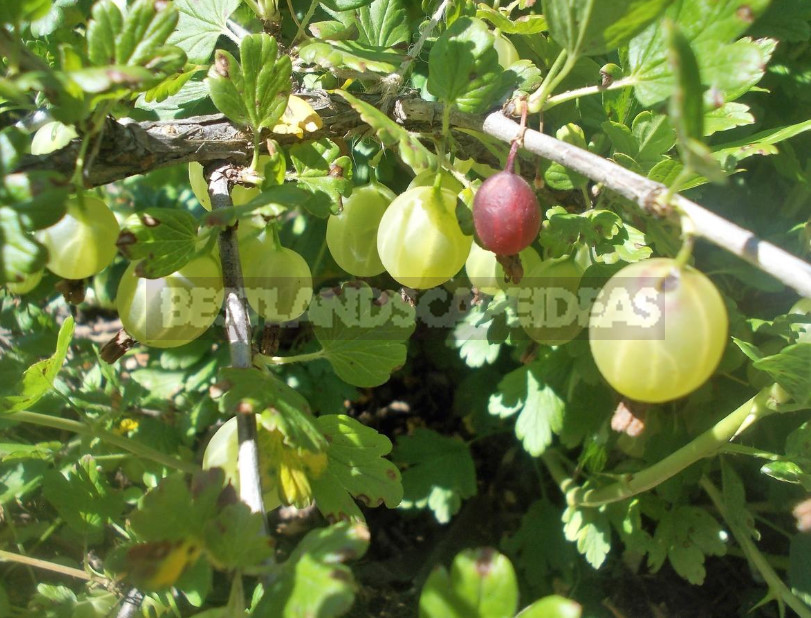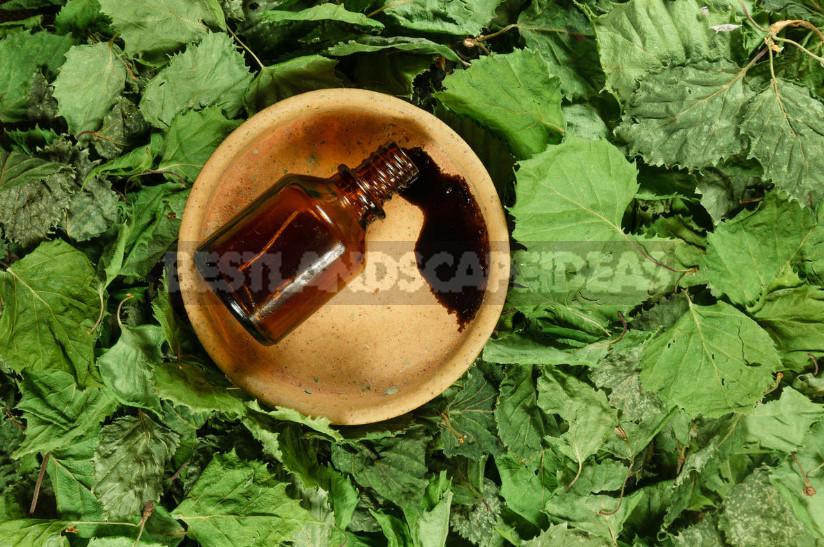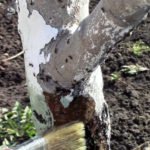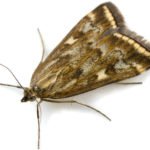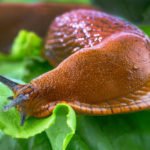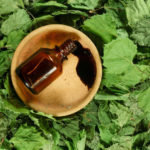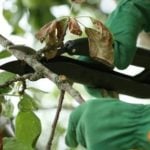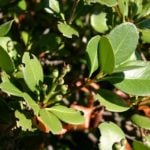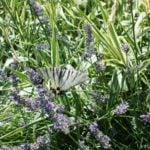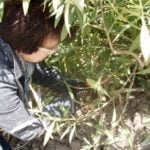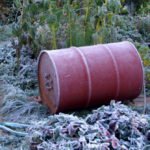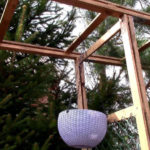Birch tar is an ancient remedy that is widely used in cosmetology and medicine. This inexpensive pharmaceutical product, made on the basis of wood resin, has a strong and very persistent aroma. This did not fail to take advantage of savvy gardeners. They replaced the natural and safe to use product expensive drugs – insecticides and more.
If you hear about this side of the “tar medal” for the first time, be sure to take note of this discovery. After all, the list of pests that do not like the smell of birch tar is really impressive.
1. Colorado potato beetle
With the help of birch tar can be easily and quickly banished from the potato plantation voracious Colorado potato beetle. To do this, in a bucket of water (10 l), dissolve the chips 0.5 bar of soap, add 2 tsp of tar to the soap solution and moisten the potato bushes with this fragrant elixir, as well as the soil in the aisles.
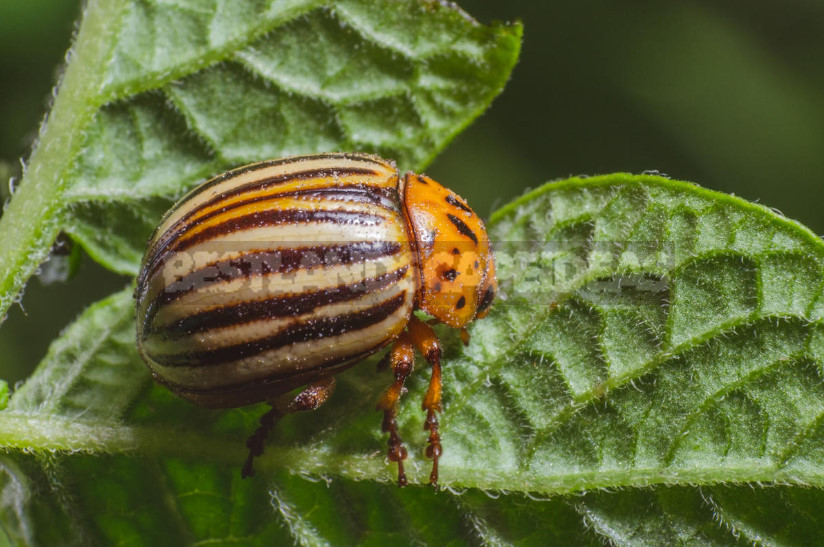
2. Onion fly
Birch tar will help in the fight against the annoying onion fly, which begins to conduct its subversive activities almost immediately after the emergence of seedlings in the garden. For this purpose, sowing a few hours before planting should be soaked in tar solution (1 tsp per 1 liter of water).
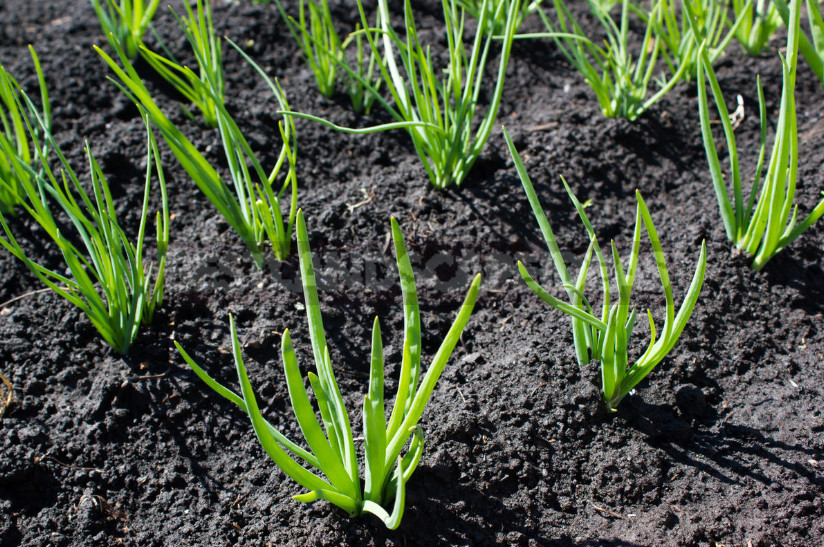
After 2 weeks after emergence, pour the onion row spacing with a solution prepared from 10 liters of water and 1 tablespoon of tar, repeating the procedure again after 12-15 days.
3. Carrot fly
Do not like the specific smell of birch tar and other fly — carrot. To protect it from carrots and other crops of The umbrella family, to which this pest is not indifferent, 2 teaspoons of tar are dissolved in a bucket of water and the plants are watered under the root on pre-moistened soil. During the season, 4 such root watering is carried out: 2 times in June and 2 times in August with an interval of 10-12 days.
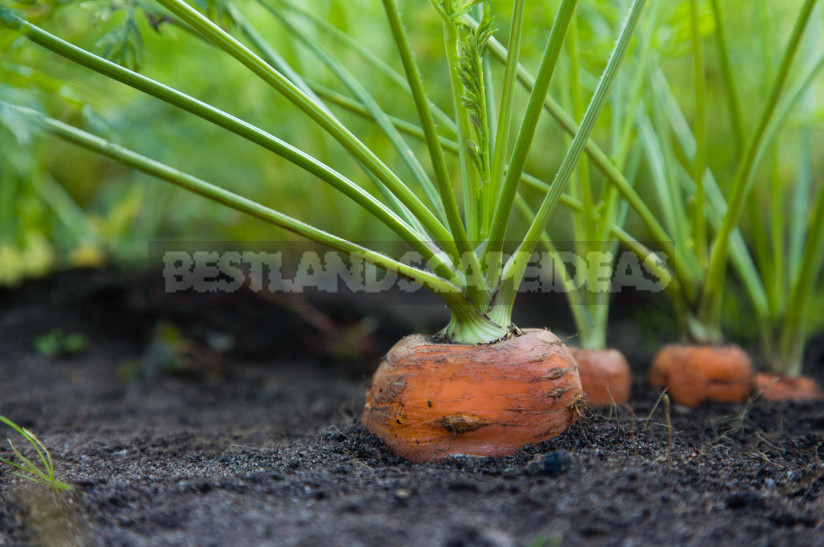
4. Cabbage fly
Despite its name, the cabbage fly harms not only cabbage, but also all other cultures of the Cruciferous family – turnip, daikon, radish, horseradish, etc. And the fly itself is an absolutely harmless creature, but its larvae are a real thunderstorm for these vegetables.
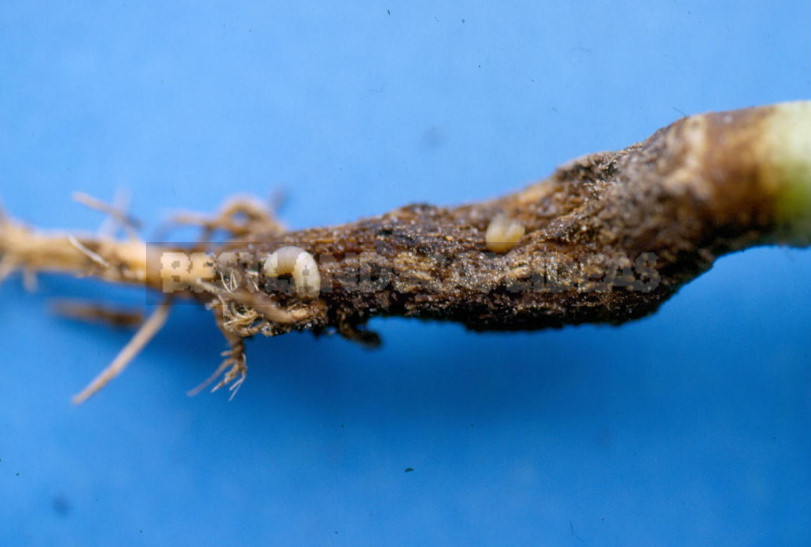
To scare away the pest from planting and prevent it from laying eggs on plants, the soil in the garden, where the cruciferous family cultures grow, mulch with rotted sawdust soaked in tar solution (1 tablespoon per 10 liters of water). The procedure is carried out in early spring and update the mulch layer in early August.
5. Pieris brassicae
“Tar” sawdust will help scare away from cabbage and Pieris brassicae, caterpillars which are also not averse to eat delicious leaves. However, in this case, a more effective method would be soaked in pure birch tar rags, which is suspended on stakes in the aisles of cabbage at a height of 40-50 cm from the ground.
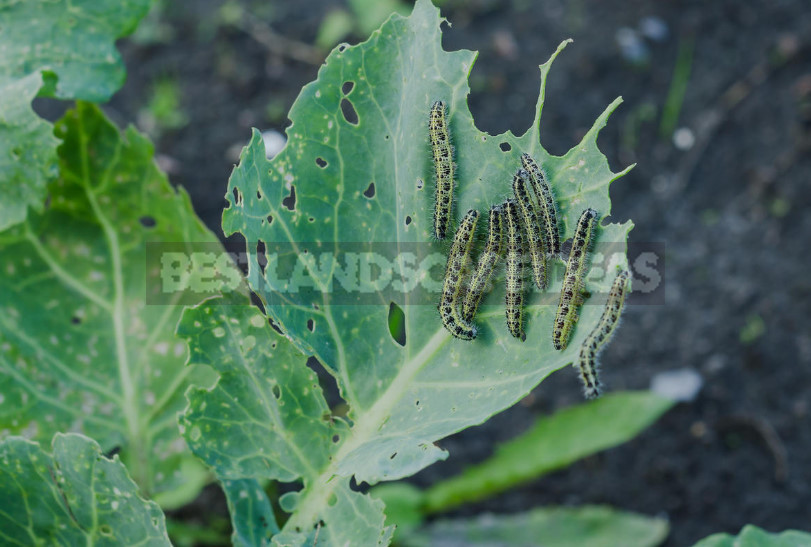
6. Wireworm
Can’t stand the smell of birch tar prompt wireworms, and tries to enjoy the taste of potato tubers, root vegetables carrots, beets, radish, flower tubers and bulbs and other underground treats.
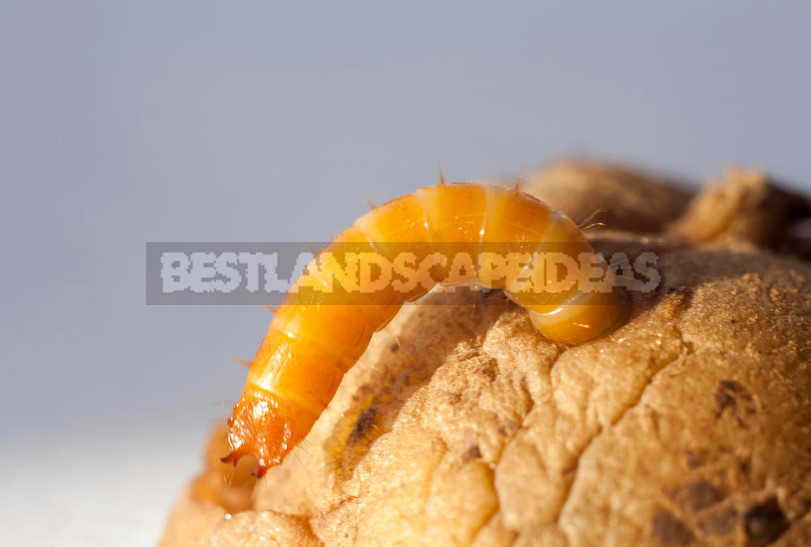
To protect potatoes from this pest of seed tubers before planting for 40-50 minutes soaked in a solution prepared from 2 tea spoons of tar and 10 liters of water. Plants grown from seeds to protect against wireworm watered with such a solution at the root 3-4 times per season at intervals of 2-3 weeks.
7. Spider mite
Not resist the strong aroma of birch resin and spider mite, which is particularly active in hot dry weather. This pest is tiny in size, but the damage to garden and vegetable crops causes huge.
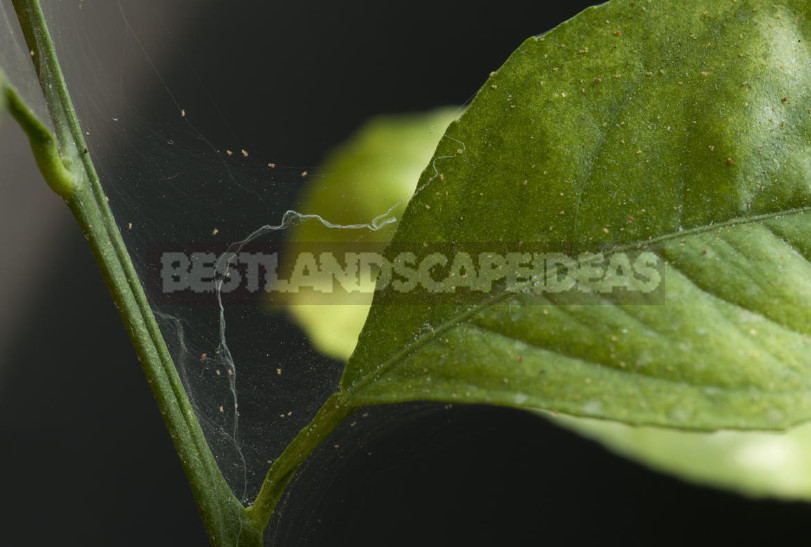
At the first signs of the activity of the tick, treat the plants with a solution prepared from 10 l water, 3 tbsp. spoons of tar and 1/3 of a bar of soap, paying special attention to the back side of the leaves.
8. Codling moth
To protect garden plants from the “invasion” of Codling moth and not to allow the butterflies to produce the egg-laying, apples, pears, apricots and other trees, exposed to the attacks of the caterpillars of this pest, sprayed fragrant solution. It is prepared from 10 liters of water, 2 hours of tar and 1/3 bar of soap. Treatment is carried out in the phase of “rosebud” and immediately after flowering.
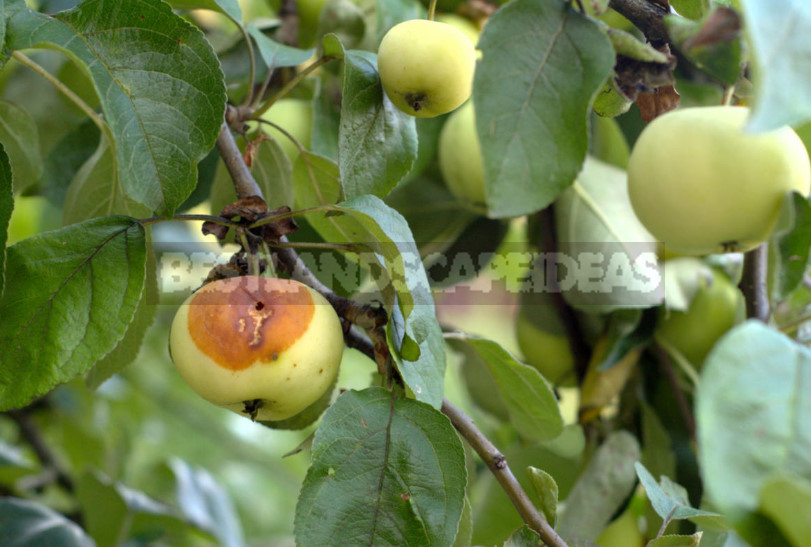
It will be useful and containers with tar solution (1 teaspoon per 5 liters of water), which are suspended in the crown of trees shortly before flowering.
9. Sawfly
Depending on the species, the Sawfly can damage a wide variety of plants: currants, gooseberries, Apple trees, plums, pears, etc. But all varieties of this dangerous insect quickly retreat away from plants that smell of tar.
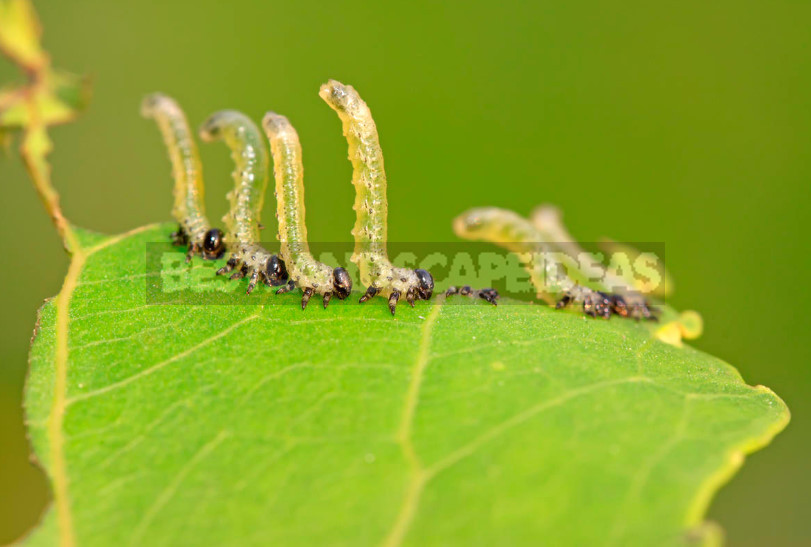
To protect the garden from this insect, pour 1 Cup of sifted wood ash 5 liters of warm water and let the mixture infuse for 24 hours. Strain the infusion, add 1/3 bar of soap and 2 tablespoons of birch tar to it, and then spray the plants that are at risk for swelling of the kidneys and repeat the procedure after 7-10 days. If pests are already present, such treatments are carried out after flowering at intervals of 12-14 days.
10. Zophodia grossulariella
Often to get a decent crop of gooseberry and currant growers prevents the gooseberry moth, the larvae of which damage to the ovaries. To protect against this insect berry bushes sprayed with a solution prepared from 10 liters of water, 50 ml of birch tar and 1/3 bar of soap, before flowering and immediately after.
